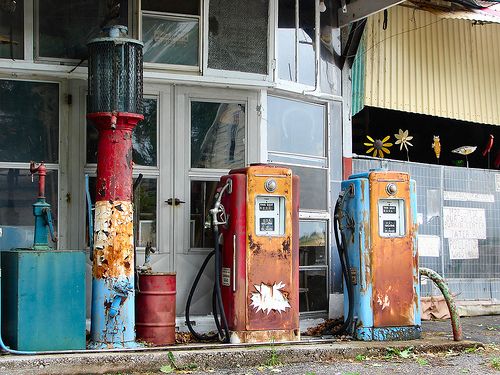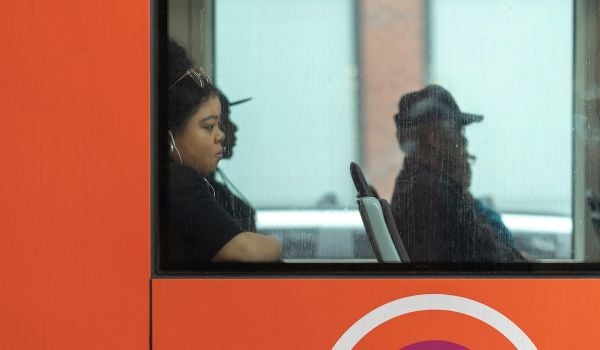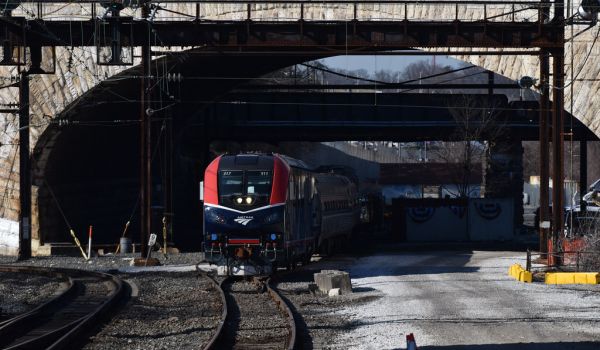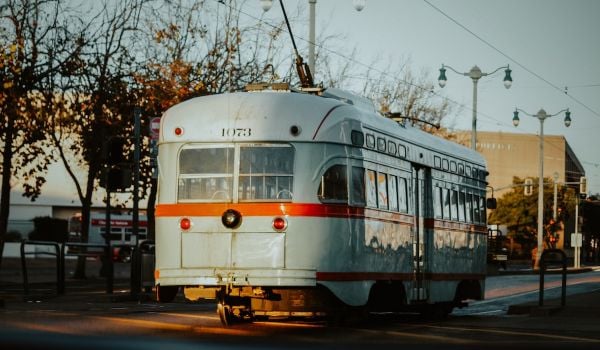This piece originally ran on Greater Greater Washington.
In his Wednesday state-of-the-state speech, Governor Martin O’Malley proposed ending the exemption of gasoline from Maryland’s 6 percent sales tax. This is the best way for the state to get more money for transportation.
Ending the sales tax exemption, rather than increasing the gas tax beyond the current 23.5 cents per gallon, accomplishes two things. First, sales tax revenue keeps pace with inflation. With the current structure of the gas tax, politically difficult tax increases are needed just to keep transit operations and road maintenance constant.
Second, we now have an opportunity to refute a widely believed myth about transportation funding. Once upon a time, drivers paid for roads through the gas tax. Most people think that’s still true, but it’s not.
Maryland’s gas tax goes into the state’s Transportation Trust Fund, along with the sales tax on car sales, fares paid on MARC trains and MTA buses, and revenues from BWI Marshall Airport and the Port of Baltimore. When the gas tax was last raised in 1992, the 23.5-cent state tax was 33 percent of the pretax price of gasoline. The sales tax on other purchases was 5 percent. The heavy tax on gas could be described as a user fee paid by drivers.
Today, though, the state gas tax is a little more than 7 percent of the price of gasoline. When drivers buy gas, they pay 7 percent into the Transportation Trust Fund and get 6 percent back from the state’s general fund through the exemption of gasoline from the sales tax.
Ending the exemption would convert the gas tax back into a true user fee. Drivers would then pay a share of the cost of maintaining roads, just as transit riders pay a share of the cost of transit operations through their fares.
Many myths surround the subject of transportation funding, in Maryland as in other states. Transit advocates need to be vigilant as the legislature debates this issue to make sure that new funding builds transit lines and walkable grid streets rather than repeating the mistakes of the past. The better the public understands the realities of the state budget, the easier this will be.
















